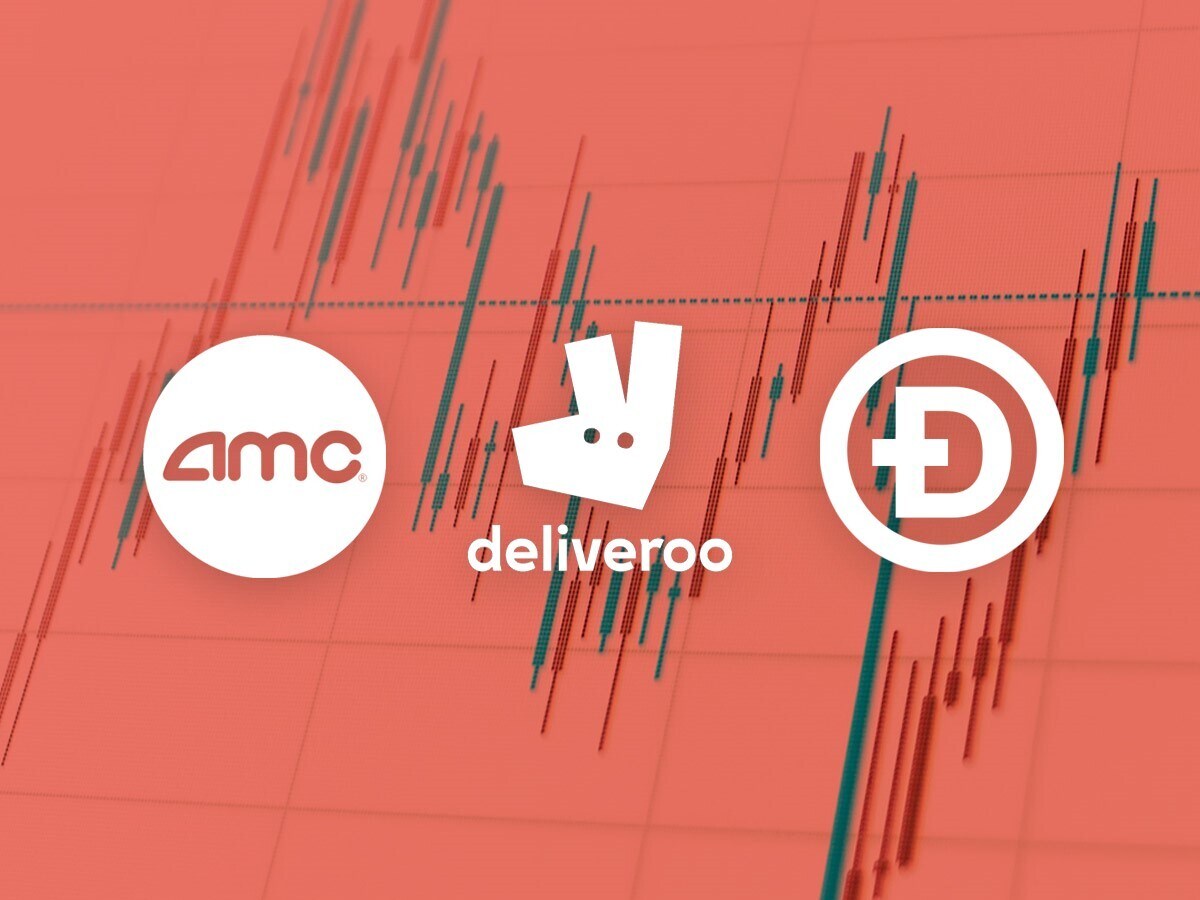These are the stories that got investors’ eyeballs in 2021. Here’s what happened.
AMC shorted
By mid-August the AMC share price had grown more than six times to $35.69, up from $5.60 just 12 months earlier. It had been boosted by ‘meme mania’ in the markets as well as a positive second-quarter earnings result showing a surge in revenues as lockdowns ended. The entertainment group also revealed plans to accept cryptocurrency and team up with another meme stock, GameStop.
But famed short-seller Jim Chanos wasn’t cheering from the rafters. He revealed that his firm Kynikos Associates had a small put position in AMC because he didn’t believe in the stock’s fundamentals. “The reality is that things have gotten worse at this company since the depths of the pandemic,” he said in an interview with CNBC. “Something has changed, and I think that change is streaming.”
Comparing the second-quarter earnings with the same quarter in 2019 before the pandemic struck, the short-seller said: “In that case, AMC revenues were down 70% in the second quarter, versus the second quarter of 2019. Their ticket sales were down 75%.”
AMC’s shares dipped after Chanos’ comments, but to date, the AMC share price has remained steady. It climbed to around $51 in mid-September before dropping to $23 in December as fears over a new Covid variant grew. However, it has bounced back again to around $29 after AMC announced its highest December night opening ever with 1.1 million people attending the premiere of ‘Spider-Man: No Way Home’.
It is still heavily backed against, with S3 Partners data suggesting that short interest is at $2.062bn with 84.35 million shares shorted. But S3 Partners’ Ihor Dusaniwsky told Yahoo Finance that “Spider-Man is catching short-sellers along with his arch-villains in his web”.
Whether AMC and GameStop can defy that other anti-hero omicron is another matter.
Dogecoin and crypto
The fate of those cryptocurrencies not called bitcoin has been gripping to watch for investors this year. Coinbase listed at $381 per share back in April.
There were high hopes in the beginning with analysts predicting that its stock market arrival would boost the crypto market. Wedbush analyst Dan Ives said Coinbase is a “foundational piece of the crypto ecosystem”.
Around the same time, the world’s biggest crypto exchange, Binance, was in trouble with German regulator BaFin over its new stock tokens. There were fears that the tokens, which enable customers to buy just one-hundredth of a regular share using its own crypto, Binance USD, may have violated European securities rules.
In July, Binance said it would stop selling digital tokens linked to shares after Hong Kong’s financial watchdog became the latest regulator to crack down on the offerings. Binance also fell foul of the Financial Conduct Authority in the UK because, in an attempt to set up a British arm, it had failed to supply information about its business model and wider product offerings according to Reuters. However, Binance has not given up planning to launch that UK arm in the next six to 18 months.
It has also been difficult sailing for Coinbase, whose share price has plunged to $243 to date. It’s been hit by regulatory crackdown fears and doubts about whether its revenue growth can survive a crypto crash. However, it has high hopes of gaining reward from metaverse purchasing as that trend gathers pace.
Dogecoin has many of the same headaches, but it benefits from the support of Tesla chief executive Elon Musk. The price has gone from £0.53 in early May to £0.13 to date but it could revive after Musk recently told Time magazine that it has better transactional value than bitcoin.
Deliveroo turns sour
At the beginning of the year, there were high hopes of a successful IPO from delivery group Deliveroo. “The online food delivery market is nascent and underpenetrated. We believe Deliveroo has the potential to become a much bigger company over time,” Henry Ellenbogen, managing partner and chief investment officer at Durable Capital, told the Financial Times.
After too much fanfare, Deliveroo eventually made its debut in London in March at 391p a share. However, by the end of the first day of trading, the price had plunged to just 287p a share.
Investors were nervous about Deliveroo’s continued failure to make a profit and legal action threatening to make it count its couriers as employees rather than self-employed workers. Other pressing concerns were its dual-class share structure and an over-reliance on London-based customer demand.
Deliveroo’s share price recovered to sit at £395p in August, helped by a favourable court ruling over its drivers’ employment status, a surge in sales and investment from peer Delivery Hero.
However, it has now slid to 214p as investors grow nervous about draft EU rules about gig economy workers and what that might mean for the company’s costs and price structure.
Continue reading for FREE
- Includes free newsletter updates, unsubscribe anytime. Privacy policy





